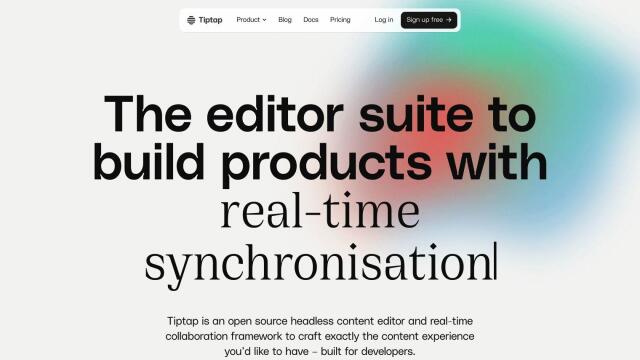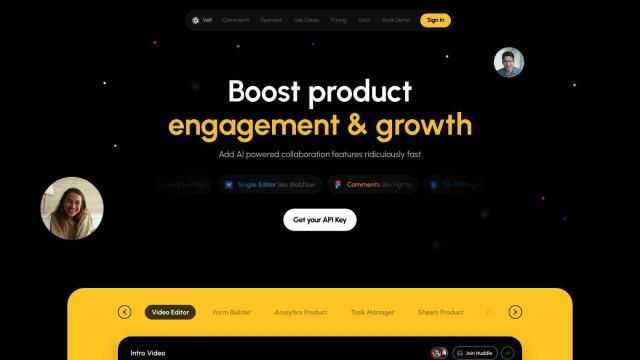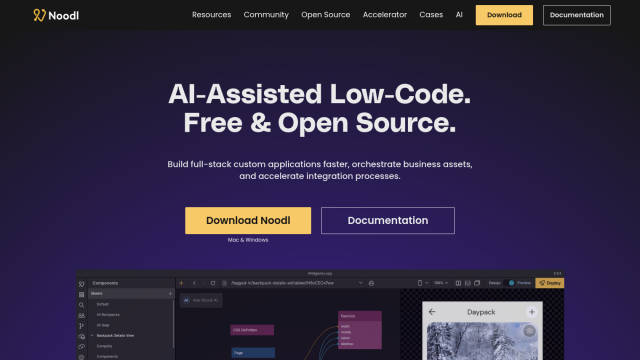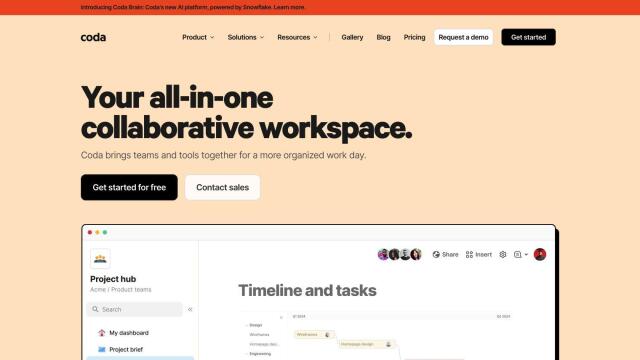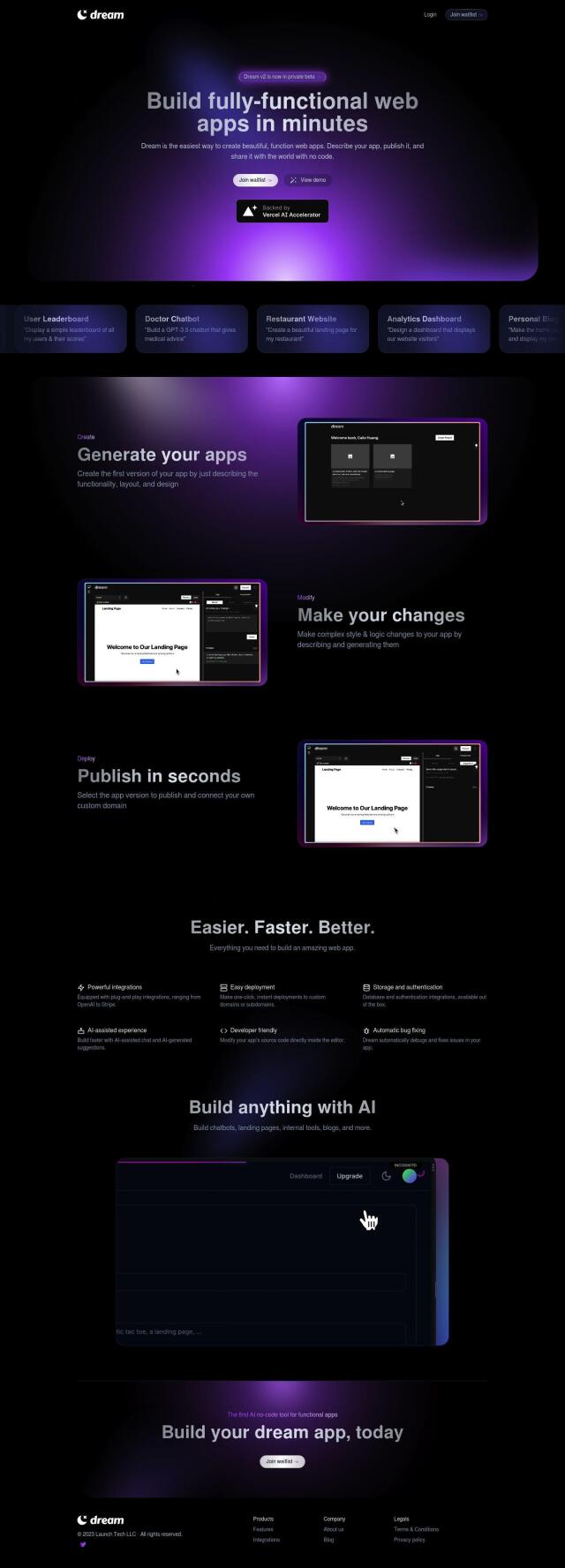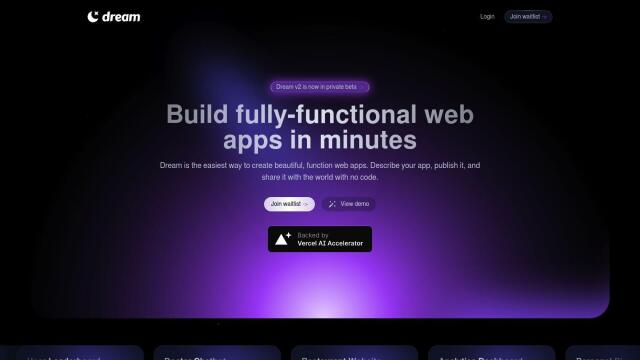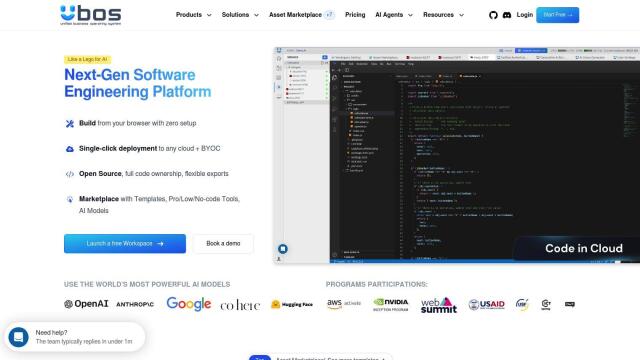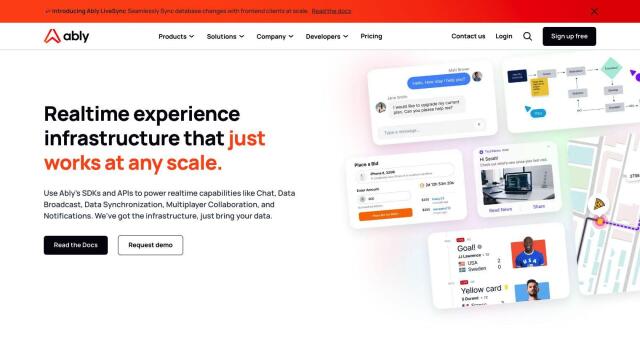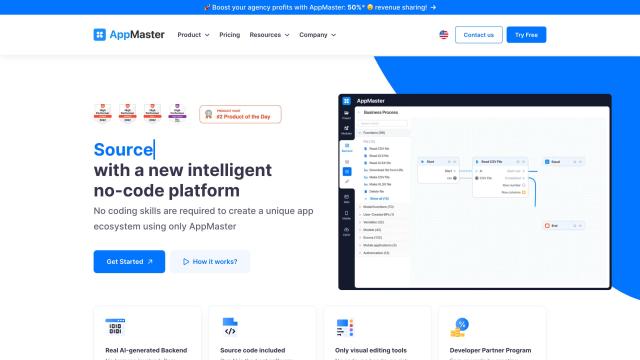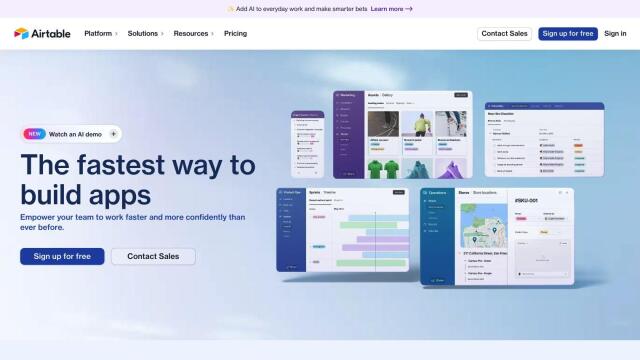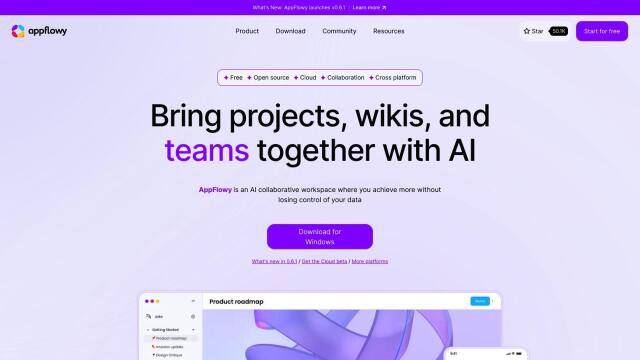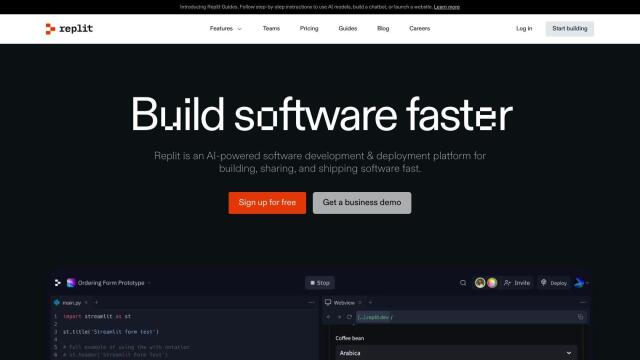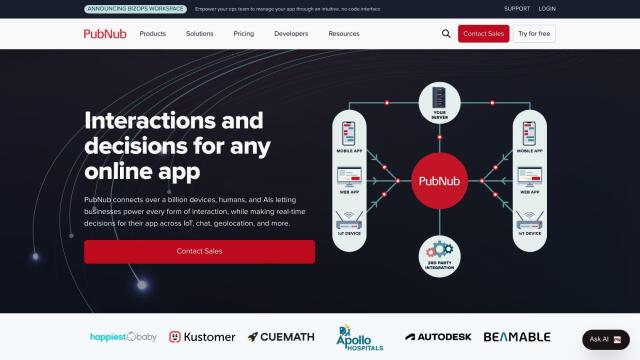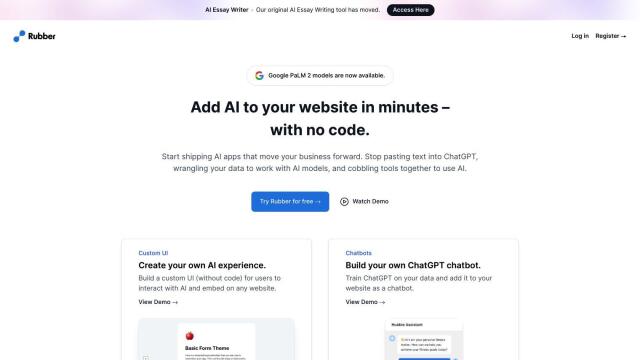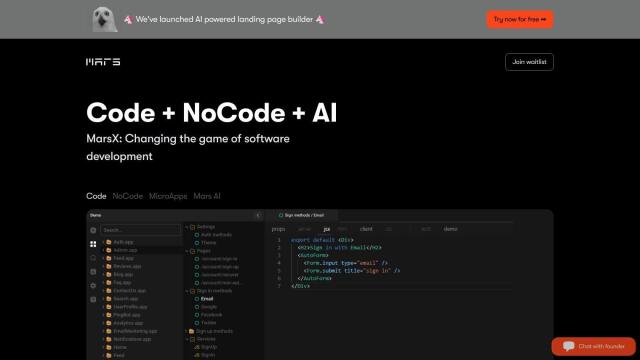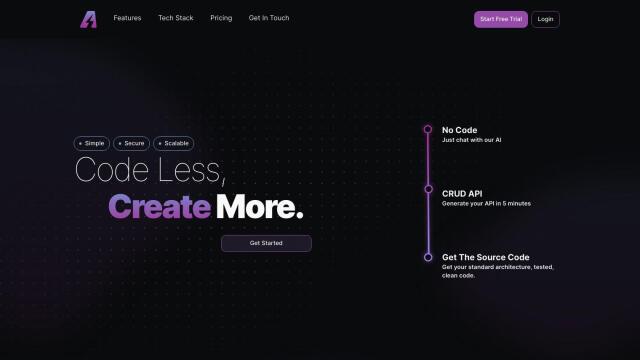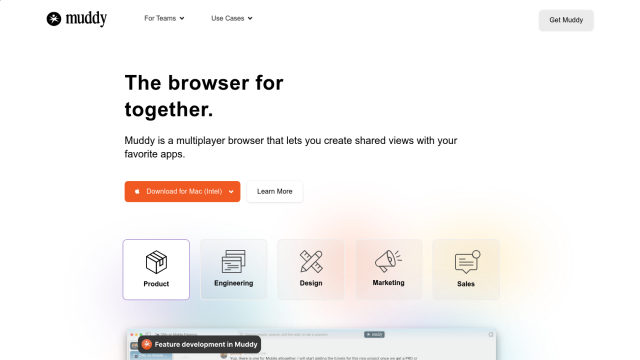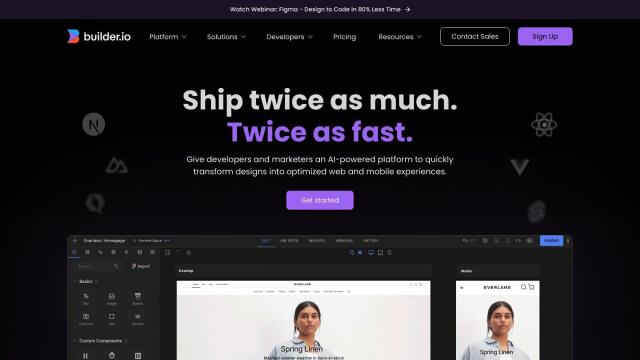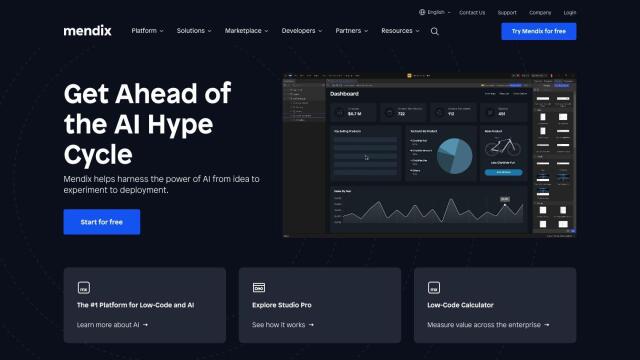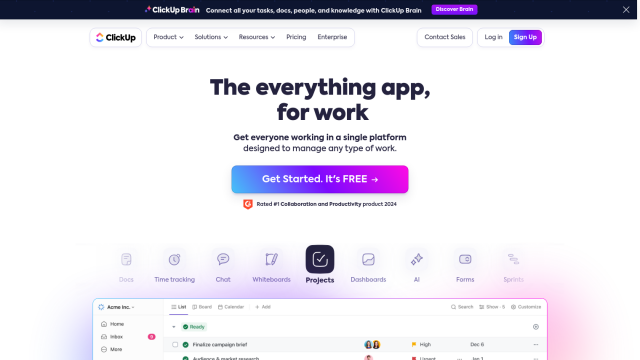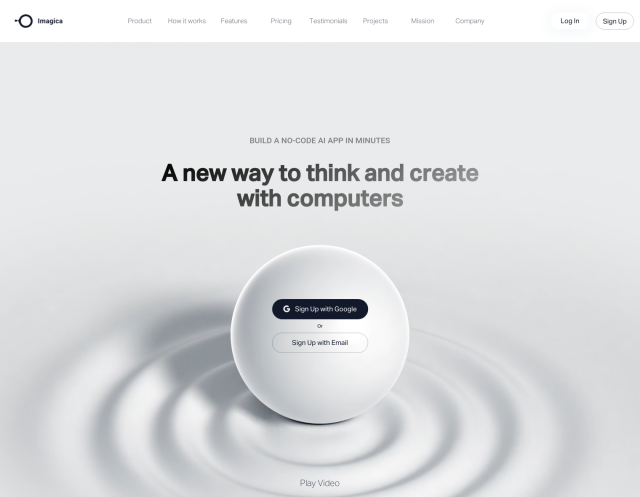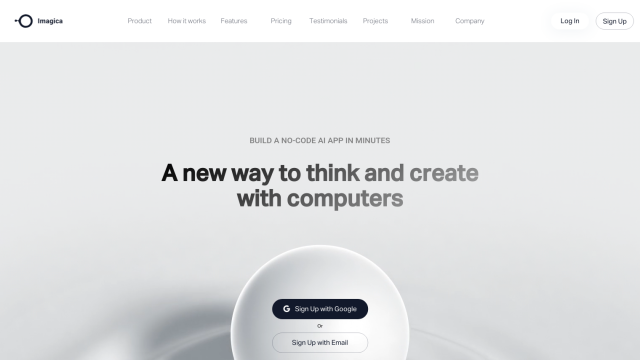Question: I'm looking for a platform that can convert any project into a real-time collaborative web app, what options do I have?

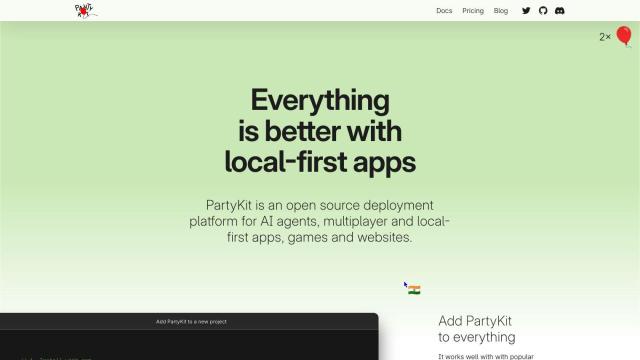
PartyKit
If you want a platform that can turn any project into a real-time collaborative web app, PartyKit is a strong contender. It's an open-source deployment platform that can be used to build AI agents, multiplayer apps, games and websites with real-time collaboration abilities. It relies on widely used collaboration frameworks and libraries like Y.js and Automerge. PartyKit offers flexible hosting, built-in tools for analytics, staging and logging, and a global edge network for low latency and high performance, so it's a good option for developers.

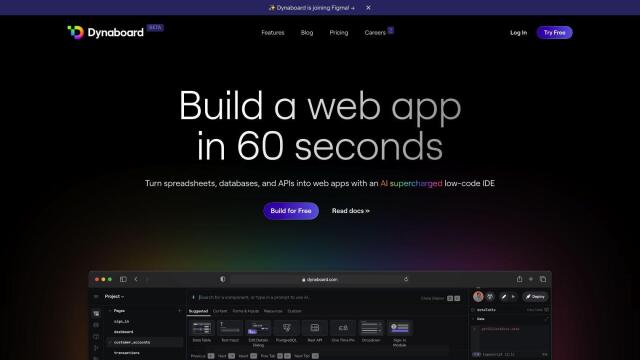
Dynaboard
Another strong contender is Dynaboard, a low-code IDE for collaborative full-stack web app development. It lets developers rapidly build web apps from spreadsheets, databases and APIs with a drag-and-drop builder and a code-first UI framework. Dynaboard is designed for real-time collaboration and instant deployment, with features like OIDC compliant provider integration and customizable plans, so it's a good option for collaborative web app development.

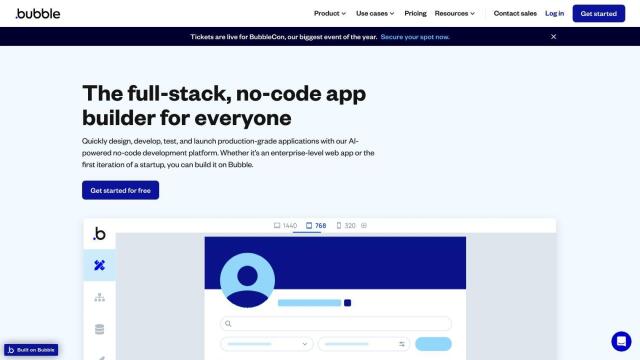
Bubble
For those who want no-code options, Bubble is a strong contender. Bubble is a full-stack app builder that lets users create, design, test and deploy production-ready apps without writing any code. It has a drag-and-drop editor, customizable templates and AI-generated pages. Bubble supports real-time collaboration for up to 40 users and offers scalable and secure hosting, so it's good for everything from startup projects to enterprise-scale apps.

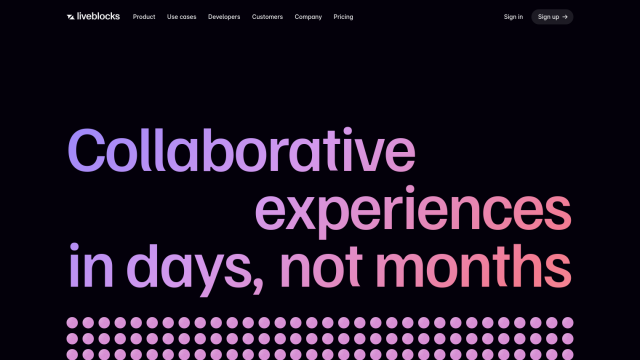
Liveblocks
Last, Liveblocks offers a developer toolkit for adding high-performance collaboration abilities to products. It includes features like presence, broadcast, comments and document sharing. Liveblocks is deeply integrated with popular frontend frameworks and offers customizable plans based on monthly active users, so it's a good option for adding real-time collaborative abilities to a variety of apps.

